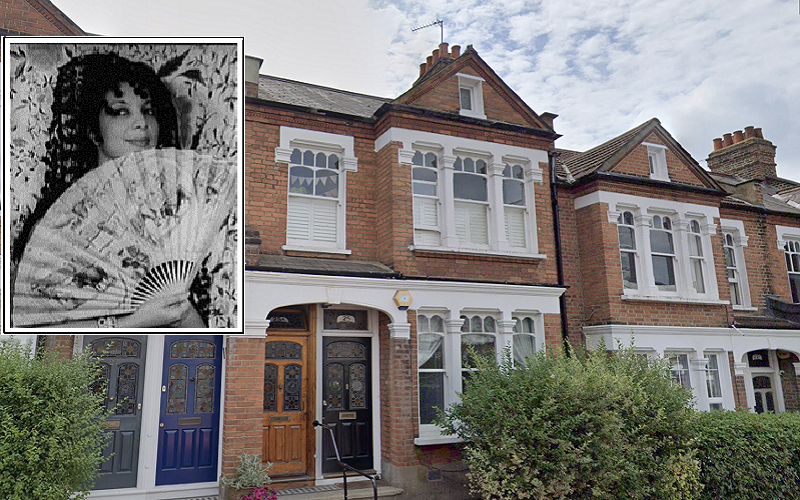Battersea to the big time: UK’s black cabaret queen
The story of one of Britain’s most versatile singers, who thrilled audiences around the world during the 1920s and 1930s is largely untold, writes Claudia Lee.
Evelyn Dove was born in 1902 to Francis Dove, a London-based barrister from Sierra Leone and his British wife Augusta.
At the time, Mr and Mrs Dove lived at 25a Barnard Road, Battersea, unaware of their daughter’s future as one of the most glamorous and charismatic entertainers of the jazz age.
Mr Dove spent most of his working life in Ghana but maintained regular contact with his wife and daughter, supporting them financially.
While at home, Evelyn and her mother lived a middle-class family lifestyle and had their own servant.
Following a private education, Evelyn studied piano, elocution and contralto at the Royal Academy of Music.
After graduating in 1919, she had hoped for a career in opera but found the worlds of jazz and cabaret much more appealing.

By 1921, Evelyn was performing with the Southern Syncopated Orchestra, a band made up of Caribbean, West African and African American musicians, widely credited for pioneering jazz in the UK and Europe.
Then she was touring Europe, Asia and America.
One of her most notable achievements was becoming the first woman of African heritage to be broadcast on BBC Radio, three years after its launch in 1925.
She starred in various productions for the station during the 1930s and 1940s, and had her own music series, Sweet and Lovely.
In 1945 she enjoyed particular success hosting Serenade in Sepia with Trinidadian folk singer Edric Conner, which ran for 45 weeks, proving so popular that it also aired on television, with Dove and Connor, at the studios at Alexandra Palace.
After the war Evelyn left the BBC to work in cabaret in India,France and Spain.
On her eventual return to the UK, work proved difficult to come by and she took odd jobs and worked as an understudy in a few productions, before briefly securing stage and TV roles once more.
As she got older her work and health began to fade and she lost contact with her family.
In 1972 Evelyn was admitted to a nursing home in Epsom, Surrey, where she died of pneumonia in 1987.
In 1997 the historian Stephen Bourne became the custodian of her archive, which he later included in a biography, Evelyn Dove – Britain’s Black Cabaret Queen published by Jacaranda Books in 2016.
In memory of Britain’s black cabaret queen, the Nubian Jak Community Trust has partnered with the Sony Music UK Social Justice Fund with support from The Battersea Society to install a blue plaque at 25a Barnard Road in Battersea today.
This will be the first plaque for a woman who is not white in Wandsworth.
Mr Bourne said: “Evelyn Dove defied convention.
She was an adventuress who broke away from the constraints of her English middle-class background to tour Europe and become one of the most glamorous and charismatic entertainers of the jazz age.
“It is fitting that she should be honoured with a plaque.”
Picture: Inset, Evelyn Dove by Carl van Vechten; 25a Barnard Road, Battersea where Evelyn Dove grew up and where the plaque will be fixed. Pictures: Wikimedia Commons/Google Street View
